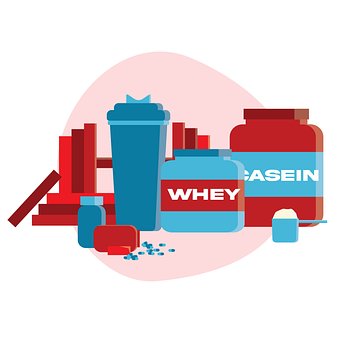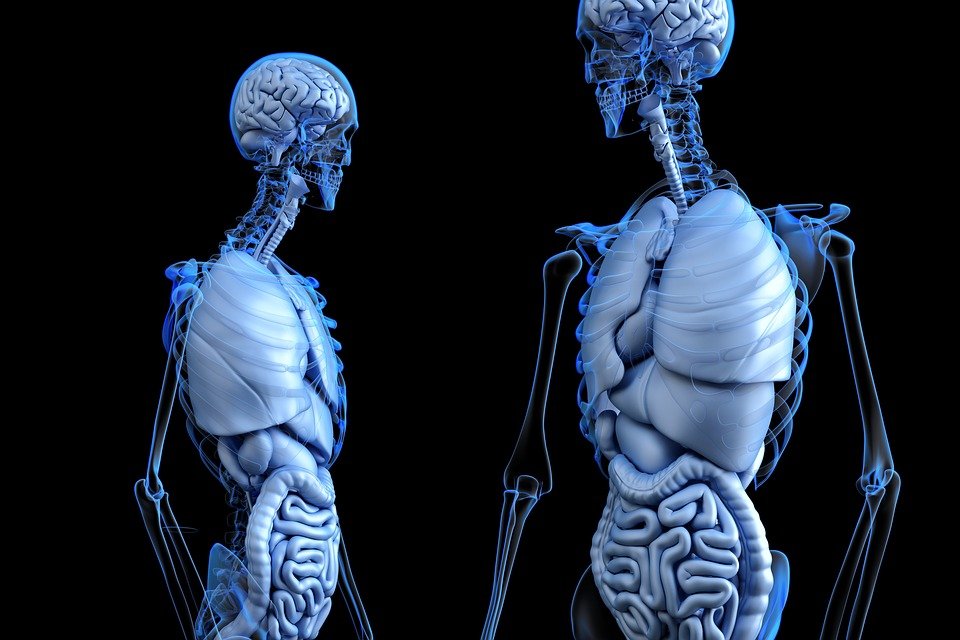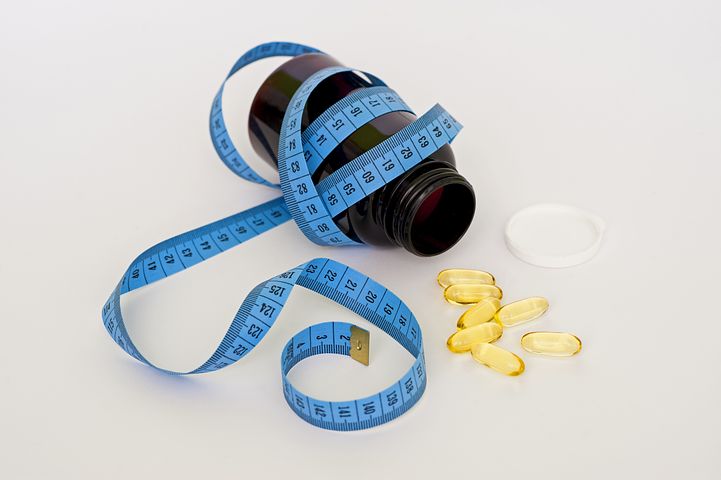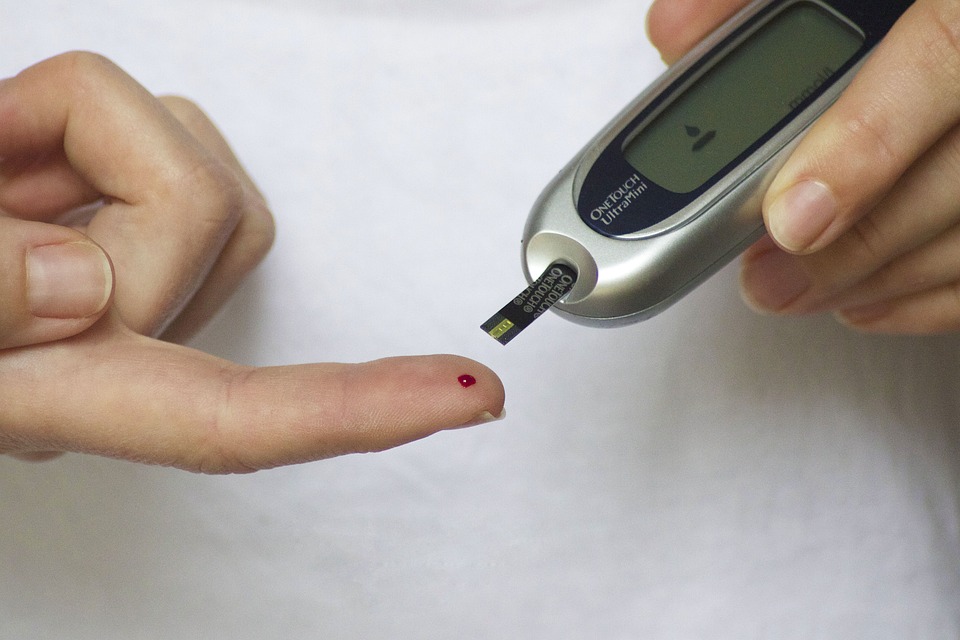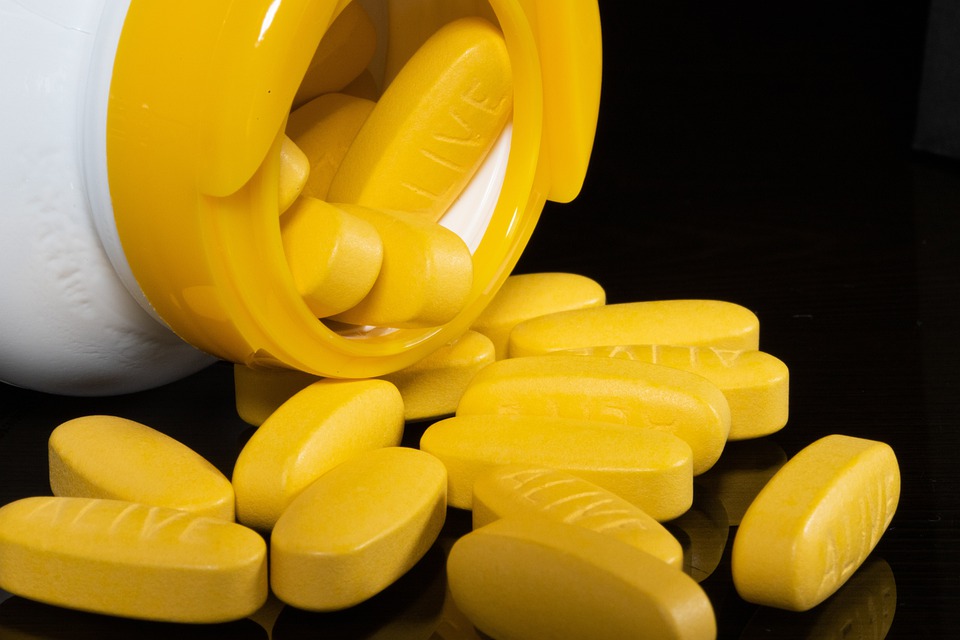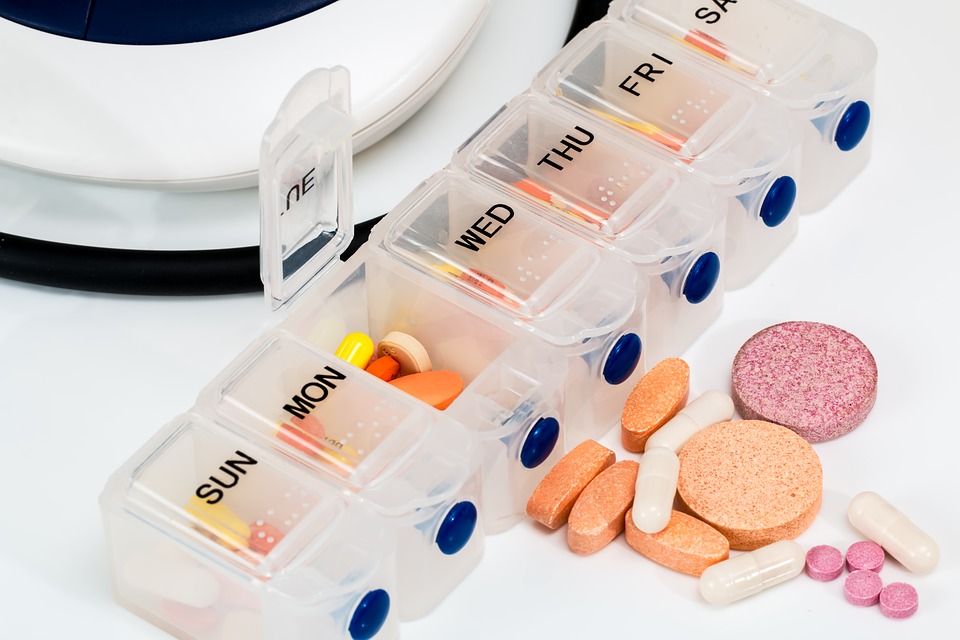
Creatine can be found in three amino acids: L-arginine, glycine, and L-methionine. It is about 1 percent of the total volume of human blood.
The majority of creatine in the human body is located in skeletal muscle, with a small amount in the brain.
Approximately 1.5-2% of the body’s creatine is used up daily by the liver, kidneys, and pancreas.
ATP is transported throughout the body via the blood stream and is used by high energy demanded parts of the body, such as skeletal muscle and the brain.
Creatine comes in different forms that are used as supplements, including creatine monohydrate and creatine nitrate.
To date, the U.S. Food and Drug Administration has not approved any creatine supplement for use. This is because there are dangers associated with taking supplements that are not regulated.
How does creatine work biologically?
Creatine is found in large amounts in your muscles, with 95% of it stored in your muscles. The rest of it is found throughout your body. It is obtained from meat and fish and can also be produced naturally in your body from amino acids.
Your diet and natural creatine levels will not typically allow your muscles to store the maximum amount of this compound. The average stores are about 120 mmol/kg in someone who weighs 154 pounds (70 kg), but creatine supplements can elevate these stores to around 160 mmol/kg. During high-intensity exercise, the stored creatine helps your muscles produce more energy. This is why creatine is known to enhance exercise performance.
If you have excess creatine, your body will break it down into creatinine. Your liver will then metabolize the creatinine and release it into your urine.
Uses
Creatine is a popular supplement among men who participate in sports such as ice hockey, football, baseball, lacrosse, and wrestling.
Sports drinks are the most common type of supplement that contains creatine.
Some people believe that this supplement has a number of different uses, some of which are backed up by research.
Improving athletic performance
Athletes often take creatine supplements due to evidence that they can improve performance in high-intensity exercises.
The idea is that creatine supplementation can help increase energy production in the body, allowing athletes to train harder and see more results.
Some people who do certain types of exercise may improve their performance by increasing their body’s creatine levels.
The study found that creatine may improve performance in activities that require short, powerful bursts, especially when those activities are repeated.
The researchers said that some benefits had been reported in some studies, but not all studies had found the same benefits.
In 2012, a review concluded that creatine:
- boosts the effects of resistance training on strength and body mass
- increases the quality and benefits of high-intensity intermittent speed training
- improves endurance performance in aerobic exercise activities that last more than 150 seconds
- may improve strength, power, fat-free mass, daily living performance, and neurological function
Aerobic activity does not seem to benefit athletes as much as anaerobic exercise.
This tool appears to be most useful in short, high intensity exercises that are done in intervals. It may not be as useful in other types of exercise.
Although creatine is often taken by athletes to improve performance, a study published in 2017 found that it did not have any benefits for 17 young female athletes who used it for 4 weeks.
Increased body mass
Increases in creatine levels in muscles has been linked with higher body mass.
However, the U.S. National Library of Medicine suggests that creatine does not build muscle. The increase in body mass is because creatine causes the muscles to hold water.
One review noted that the observed increase in body weight was most likely due to water retention during supplementation.
You may build more muscle mass by working harder during exercise.
Repairing damage after injury
Studies have suggested that taking creatine supplements may help protect muscles from damage and aid in the recovery process after an athlete sustains an injury.
Creatine may have multiple benefits, including reducing cramping and serving as an antioxidant. It may also help with rehabilitation following brain or other injuries.
Creatine and deficiency syndromes
Creatine is necessary for a number of body functions.
The amount of creatine an individual has stored in their body varies depending on muscle mass and muscle fiber type, with the average 70 kg male having a store of 120-140 g.
Creatine deficiency is linked to a wide range of conditions, including, but not limited to:
- chronic obstructive pulmonary disease (COPD)
- congestive heart failure (CHF)
- depression
- diabetes
- multiple sclerosis (MS)
- muscle atrophy
- Parkinson’s disease
- fibromyalgia
- osteoarthritis
Although oral creatine supplements may help with certain issues, insufficient evidence exists to confirm that it is generally an effective treatment.
Some people take supplements to increase the amount of creatine in their brain. This can help with seizures, symptoms of autism, and movement disorders.
Some children who take creatine supplements for up to 8 years may see improvements in attention, language, and academic performance. However, not all children react the same way to creatine supplementation.
Although creatine is something that the body creates, supplements that include creatine are not natural. If someone is thinking about taking these types of supplements, they should only do so after investigating the company that makes them.
Creatine and muscular dystrophy
Creatine may help improve the strength of people with muscular dystrophy, though more research is needed to confirm this.
A study published in 2013 found that people with muscular dystrophy who took creatine experienced an increase in muscle strength of 8.5 percent compared with those who did not take the supplement.
Creatine treatment can help improve muscle strength in people with muscular dystrophies in the short to medium term, and is generally well-tolerated.
Creatine supplementation has shown to be effective in Improving muscle strength and reducing fatigue in people with muscular dystrophy, with studies showing mixed results.
Parkinson’s disease
In mice models of Parkinson’s disease, creatine was found to prevent the loss of cells that are typically affected by the condition.
A study that combined treatments of coenzyme Q(10) and creatine on animals concluded that it might help to treat neurodegenerative diseases such as Parkinson’s disease and Huntington’s disease.
However, research that looked at over 1,700 human participants found that taking creatine monohydrate for at least 5 years did not improve clinical outcomes when compared to taking a placebo.
There is no evidence that creatine is effective in treating Parkinson’s disease, according to a systematic review published in the Cochrane Library.
Depression
The study found that 52 women who added a 5-gram creatine supplement to their daily antidepressant experienced improvements in their symptoms as early as 2 weeks, and the improvement continued up to weeks 4 and 8.
A study that was done on a small scale showed that creatine may help to treat depression in 14 females who have both depression and an addiction to methamphetamine.
The study found that taking creatine may be a helpful treatment for women who have depression and a dependence on methamphetamine.
Further research is needed.
Cognitive ability
In 2003, researchers discovered that creatine can help improve mental performance.
Taking a 5-g supplement each day for 6 weeks improved working memory and intelligence scores, specifically on tasks taken under time pressure, for 45 participants compared to other people who took a placebo.
A study published in 2007 found that taking a 5-g supplement of creatine four times a day for a week improved cognition in the elderly compared to those who took a placebo.
Purported side effects of creatine
Depending on who you ask, the suggested side effects of creatine may include:
- kidney damage
- liver damage
- kidney stones
- weight gain
- bloating
- dehydration
- muscle cramps
- digestive concerns
- compartment syndrome
- rhabdomyolysis
Is creatine a steroid?
There are those who wrongly claim that creatine is an anabolic steroid. It is also claimed by some that it is unsuitable for women or teenagers. They also say that it should be used only by professional athletes or bodybuilders. All of these claims are false.
The International Society of Sports Nutrition regards creatine as a very beneficial sports supplement, despite the negative press it has gotten. They conclude that it is safe to use.
The study found that there were no adverse effects after taking creatine supplements for 21 months.
Creatine has been known to help treat neuromuscular disorders, concussions, diabetes and even muscle loss.
Is creatine safe to take every day?
Although further research is needed, it appears that there are no significant side effects associated with taking creatine supplements on a long-term basis.
There have been no studies to show any significantly detrimental side effects in people who consume high doses of creatine (30 grams/day) for up to 5 years.
Studies have found that athletes who supplement with creatine for extended periods of time experience positive health benefits.
Other potential side effects
It has been suggested by some people that taking creatine may lead to developing compartment syndrome, which is a condition where too much pressure builds up in a space that is enclosed – typically within arm or leg muscles.
One study found increased muscle pressure during 2 hours of heat training, which resulted mainly from heat and exercise-induced dehydration, not from creatine.
Researchers also concluded the pressure was short-lived and insignificant.
There is no evidence to support the claim that creatine supplements increase your risk of rhabdomyolysis, a condition in which muscle breaks down and leaks proteins into your bloodstream.
The myth that creatine supplements are harmful originated because a marker in your blood called creatine kinase increases with creatine supplements.
The slight increase in creatine kinase is much different from the large amounts associated with rhabdomyolysis. Some experts suggest that creatine may actually protect against this condition.
Some people think that creatine is a type of anabolic steroid, but this is not true. Creatine is a natural substance that is found in your body and in some foods, such as meat. Creatine has no relationship to steroids.
There is a misconception that creatine is only suitable for male athletes, yet research suggests that it is suitable for recommended doses for women or older adults.
Unlike most supplements, which are not given to children as a medical intervention, creatine has been given to children for certain conditions, such as neuromuscular disorders or muscle loss.
Children can safely take creatine, according to studies that have lasted up to three years.
How does it affect your kidneys and liver?
If you use creatine, your levels of creatinine in your blood may increase slightly. This is because creatinine is commonly measured to diagnose kidney or liver conditions.
Although creatine raises creatinine levels, it does not mean that it is damaging your liver or kidneys.
No study up to this point has found evidence that creatine harms healthy organs.
No differences in liver or kidney function or any other biomarkers were found in college athletes after taking creatine, according to a long term study.
A study that lasted for four years concluded that there are no negative side effects to taking creatine.
This study found that a male weightlifter who supplement with creatine developed kidney disease.
However, this one case study is not enough evidence. Various other factors, such as taking additional supplements, were also involved.
Use caution when taking creatine supplements if you have a history of liver or kidney concerns. A healthcare professional can help you decide whether taking creatine is right for you.
How does creatine interact with other drugs?
You should always talk to your doctor or another healthcare professional before starting a creatine regimen to make sure it is safe for you.
You should not take creatine supplements if you are taking any medications that could affect your liver or kidney function.
Creatine may not be safe to take if you are also taking certain medications. You should talk to your doctor before starting to take creatine supplements.
If you take medication that affects blood sugar, you should talk to a doctor before taking creatine. Creatine can help improve blood sugar management.
You should also consult a healthcare professional if you are pregnant or nursing or if you have a condition that could potentially be serious, such as heart disease or cancer.
Should I use creatine supplements?
Creatine is a popular supplement among athletes and bodybuilders, and the U.S. supplement industry is thought to make around $2.7 billion a year from sales of products containing creatine.
The International Olympic Committee (IOC) and the National Collegiate Athletic Association (NCAA) permit the use of creatine, which is widely used among professional athletes. In the past, the NCAA allowed member schools and colleges to provide creatine to students with school funds, but this is no longer permitted.
Creatine is not effective for all types of sports and does not improve the performance of naturally high levels of creatine in the body or athletes who are already high-performing.
Creatine supplements may help in treating some medical conditions, but athletes need to decide if the benefits are worth it. Creatine supplements should not be used for a long period of time.
You should only take supplements moderately and discuss it with your doctor first. You should try to get nutrients from natural sources.
It is generally recommended that people get their nutrients from dietary sources, such as by following a healthful, balanced diet. Supplements should be used as a backup for when people are not able to get the nutrients they need from their diet.

